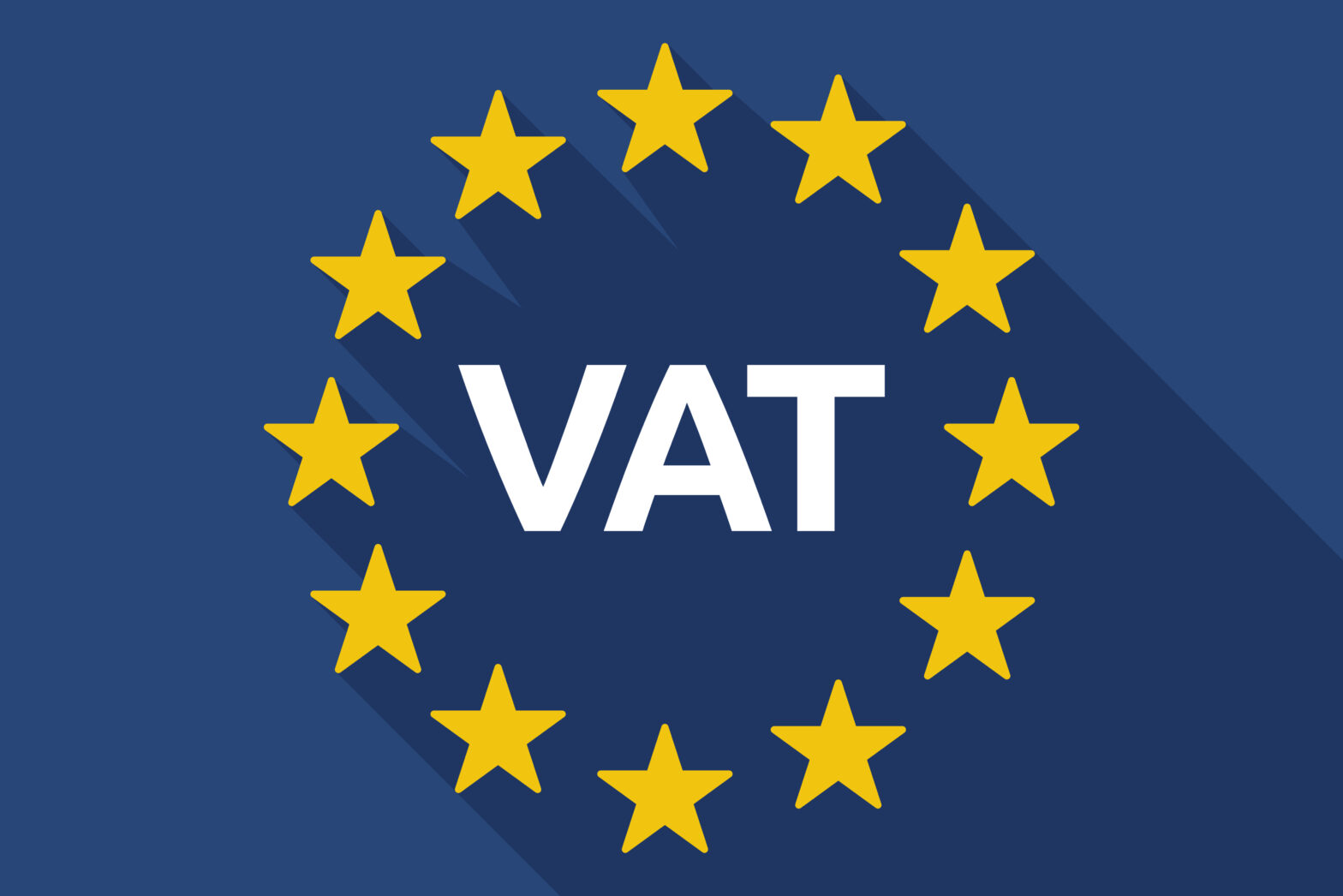US president Benjamin Franklin famously wrote that nothing in life is certain except death and taxes. However, there are some exemptions/reliefs if you want to reduce your business rates in England, which were first introduced in 1990 as property taxes paid by occupants of non-domestic properties, typically those occupying commercial and industrial premises.
What occupied properties are exempt from business rates?
You also may not have to pay business rates on:
- Agricultural land and buildings, including fish farms
- Buildings used for training or welfare of disabled people
- Buildings registered for public religious worship or church halls
If your property is in England, you can report that you think it should be exempt using the Valuation Office Agency service.
>See also: Do I need to pay business rates working from home?
What exemptions for empty properties can I claim in England?
The government recognises that some premises do not have to pay business rates.
Empty properties
You do not have to pay business rates on empty office and retail buildings for three months. For industrial premises, the period of relief is six months. After this time, most businesses must pay full business rates.
A change of ownership during the three-month period does not trigger a fresh three-month exemption. The exemption applies to the property, not the person paying the rates.
Further exemptions can be secured if a property is occupied for at least six weeks (for example, by a tenant or licensee). In this case a further three (office/retail) or six months (industrial) can be claimed if the initial period of exemption has ceased.
However if it is let for under six weeks, the business rates charges will continue to be payable during that period of short-term occupation. This rule prevents owners from gaining additional periods of rates exemptions by establishing a very short term temporary letting.
Certain empty properties receive an exemption for the period they are empty and are not restricted to three or six month period, these include:
- Those with a rateable value below a certain threshold (£2,900 in England from 1 April 2017)
- Listed buildings
- Properties whose owner is prohibited by law from occupying it or allowing it to be occupied (for example, where action is/can be taken by a public authority to prevent occupation including asbestos etc.)
- Whose owner is entitled to possession in their capacity as trustee under a deed of arrangement or representative of a deceased person
- Owned by individuals subject to a bankruptcy order, a winding up order or in administration (subject to restrictions)
- Properties owned by charities – only if the property’s next use will be mostly for charitable purposes
- Community Amateur Sports Clubs (CASC) buildings – only if the next use will be mostly as a sports club
Some properties may qualify for further empty property relief where they are land, i.e. open car parks.
What reliefs are available for occupied properties if I am not exempt from rating?
In England you can reduce your business rates by applying for the various business rates reliefs through your local authority. You can find out who your local authority is here.
How are business rates calculated?
You can estimate your business rates by multiplying your rateable value by the multiplier.
You can find the current rateable value of a non-domestic property in England and Wales by inputting the postcode into the Valuation Office Agency (VOA) website.
>See also: What is the Valuation Office Agency? A guide for small business
To get the rates payable, you multiply the rateable value by the current multiplier. This shows you how much you will have to pay in business rates (before any relief is deducted).
The government sets two multipliers: the Small Business Non-Domestic Rate Multiplier for Small Businesses and the Non-Domestic Rate Multiplier for Other Businesses. You can check the multipliers here.
Do I qualify for small business rate relief?
You have to contact your local council to apply for small business rate relief.
What is Small Business Rate Relief?
You can get Small Business Rate Relief if:
- Your property’s rateable value is less than £15,000
- Your business only uses one property – you may still be able to get relief if you use more
If you qualify, the level of relief will depend on your rateable value
- If your rateable value if £12,000 or less, you will receive 100% Small Business Rates Relief
- For properties with a rateable value of £12,001 to £15,000, the rate of relief will go down gradually from 100 per cent to 0 per cent.
For example, if your rateable value is £13,500, you’ll get 50 per cent off your bill. If your rateable value is £14,000, you’ll get 33 per cent off.
Can I reduce business rates if I use more than one property?
You can reduce your business rates using small business rate relief in certain cases if you have one main property plus other additional properties. The relief will apply on your main property if the following applies:
- You have one main property with a rateable value of less than £15,000 and the rateable value of each of your additional properties does not exceed £2,899
- The total combined rateable value of all your properties is less than £20,000 (£28,000 in London)
When you get a second property, you’ll keep getting any existing relief on your main property for 12 months. After 12 months, you could still get small business rate relief on your main property if you meet the above criteria.
When did Small Business Rate Relief start?
Small Business Rate Relief was introduced on April 1 2005 and is available to businesses who meet the qualifying criteria to reduce their business rates.
What if I don’t qualify for Small Business Rate Relief?
If your property in England has a rateable value below £51,000, your bill will be calculated using the small business multiplier, which is lower than the standard one. This is the case even if you do not get small business rate relief.
Can I get a business rates holiday (known as retail relief/discount) for coronavirus?
The current 100-per-cent business rates discount for businesses in retail, hospitality and leisure in England will expire after June 30 2021, after which rates will be discounted by two-thirds from July 1 2021 until March 31 2022, subject to a cap of £2m per business for companies whose premises were forced to close during the pandemic, and £105,000 for those who remained open.
>See also: Business rates review 2021 – what your small business can expect
Which businesses qualify for Covid business rates holiday?
- Shops, restaurants, cafes, drinking establishments, cinemas and live music venues, estate agents, letting agents and bingo halls
- Assembly and leisure including sports grounds and clubs, museums, leisure facilities and gyms, theatres and tourist attractions
- Hotels, guest and boarding premises and self-catering accommodation, including caravan parks and sites
You can read the full list here
What is Rural Rate Relief?
Rural Rate Relief is a 100-per-cent discount on business rates in England available in certain circumstances to businesses located in rural areas with a population below 3,000.
Your small business has to be either:
- a village’s only shop or post office, with a rateable value of up to £8,500
- a village’s only public house or petrol station, with a rateable value of up to £12,500
Rules on rate relief for businesses are different in Scotland, Wales and Northern Ireland.
What is transitional relief?
Transitional relief limits how much your bill can change each year as a result of revaluation.
This means changes to your bill are phased in gradually, if you’re eligible.
You get transitional relief if your:
- Property is in England
- Rates go up or down by more than a certain amount
Your council will adjust your bill automatically if you’re eligible.
How much your bill can change by from one year to the next depends on both:
- Your property’s rateable value
- Whether your bill is increasing or decreasing as a result of revaluation
You stop getting transitional relief when your bill reaches the full amount set by a revaluation.
The business rates year is from April 1 to March 31 the following year.
Transitional relief - if your bill is increasing
| Transitional relief - if your bill is increasing | |||||
|---|---|---|---|---|---|
| Rateable value | 2017 to 2018 | 2018 to 2019 | 2019 to 2020 | 2020 to 2021 | 2021 to 2022 |
| Up to £20,000 (£28,000 iin London) | 0.05 | 0.075 | 0.1 | 0.1505 | 0.15 |
| £20,001 (£28,001 in London) to £99,999 | 0.125 | 0.175 | 0.2 | 0.25 | 0.25 |
| Over £100,000 | 0.42 | 0.32 | 0.49 | 0.16 | 0.06 |
| Source: Gov.uk |
Transitional relief - if your bill is decreasing
| Transitional relief - if your bill is decreasing | |||||
|---|---|---|---|---|---|
| Rateable value | 2017 to 2018 | 2018 to 2019 | 2019 to 2020 | 2020 to 2021 | 2021 to 2022 |
| Up to £20,000 (£28,000 iin London) | 0.2 | 0.3 | 0.35 | 0.55 | 0.55 |
| £20,001 (£28,001 in London) to £99,999 | 0.1 | 0.15 | 0.2 | 0.25 | 0.25 |
| Over £100,000 | 0.041 | 0.046 | 0.059 | 0.058 | 0.048 |
| Source: Gov.uk |
What is charitable rate relief?
Charities and community amateur sports clubs can apply for business rates charitable rate relief of up to 80 per cent if a property is used for charitable purposes.
You may also be able to top the 80 per cent discount up to 100 per cent (so-called “discretionary relief”)
You must contact your local council to see if you’re eligible
What is community sports club relief?
A community amateur sports club (CASC) can also reduce its business rates by applying for charitable rate relief of up to 80 per cent if a property is used for charitable purposes.
You may also be able to top the 80 per cent discount up to 100 per cent (so-called “discretionary relief”)
You must contact your local council to see if you’re eligible





